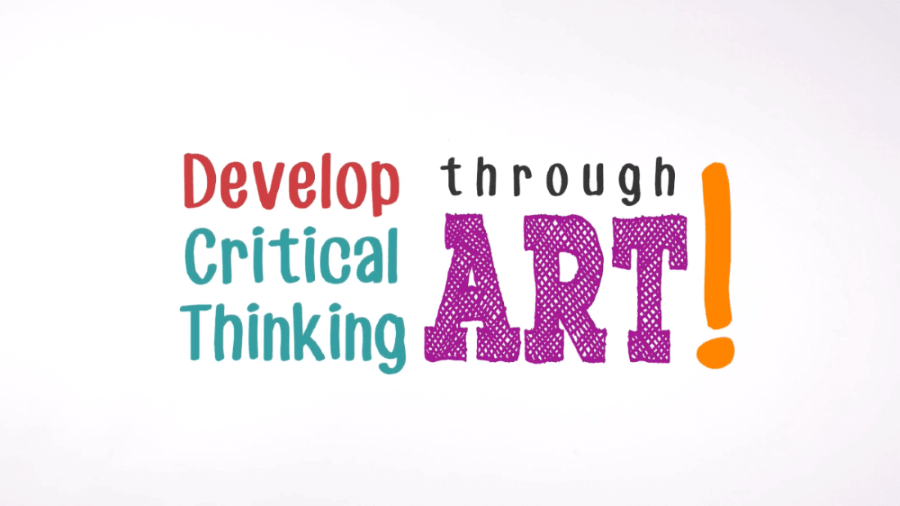Developing Critical Thinking and Problem Solving

Children are naturally curious and spontaneous. When children play, they use their curiosity, creativity and logic to solve problems. Play helps children learn about solving problems in a safe setting where mistakes do not have serious consequences.
Adults should allow children to explore objects and materials freely without having a specific end in mind. Open-ended experiences provide opportunities for children to define, explore, refine multiple solutions and approaches, analyse the results of their efforts, and learn and discover through the process of play.
Through visual arts, children are able to:
- reflect and share about what they see through their eyes
- deepen their thinking
- enhance their ability to focus and pay attention to details,
- develop problem-solving skills
- identify multiple solutions to problems
Problem-solving is a reflective way of looking at a specific situation or issue. It requires the child to identify the problem, brainstorm ideas to solve the problem, consider possible outcomes and finally, try out the solutions.
The process of creating artworks and also talking about these provides children with opportunities to hone their critical thinking and problem-solving skills. When viewing artworks as a group, children are encouraged to justify what they say by providing reasons for their responses.
Adults play an important role in encouraging discussions and stimulating children’s thinking: Here are 3 questions to ask your child when viewing art:
- What is going on in this picture?
- What do you see that makes you say that?
- What more can we find?
Here are some tips to create a conducive environment where children can develop their critical thinking skills:
- Provide opportunities for free play and creativity
- Pause and wait rather than intervening immediately
- Resist the urge to solve children’s problems
- Encourage questioning
- Help children develop their own hypotheses
- Encourage critical thinking in new and different ways
Watch the video below and find out more on how you can engage your child in conversations to develop his thinking!
This article is contributed by Dr Jacqueline Chung, an ECDA Fellow and Senior Principal & Academic Director of St. James’ Church Kindergarten.
The ECDA Fellows are a selected group of exemplary early childhood professionals with high levels of leadership and professional expertise.
You may also like

From Cabin to Classroom: Journey of an Outstanding Early Childhood Educator
The PDP modules allowed me to get creative with lesson ideas and keep up with the ever-changing Early Childhood sector.

Ms Farhana Binte Mohamed Hassan
Early Years Educator - PCF Sparkletots @ Pioneer Block 987D (CC)

More Than Just a Place for Food
Young children are highly inquisitive, and learn most effectively with activities that allow exploration and experimentation.

Kinderland @ Yio Chu Kang

Little Fingers Create Great Art - A Community Project by Kinderland and Skool4kidz
I believe this collaborative effort is a very meaningful contribution to the SG50 celebrations.

Kinderland and Skool4Kidz